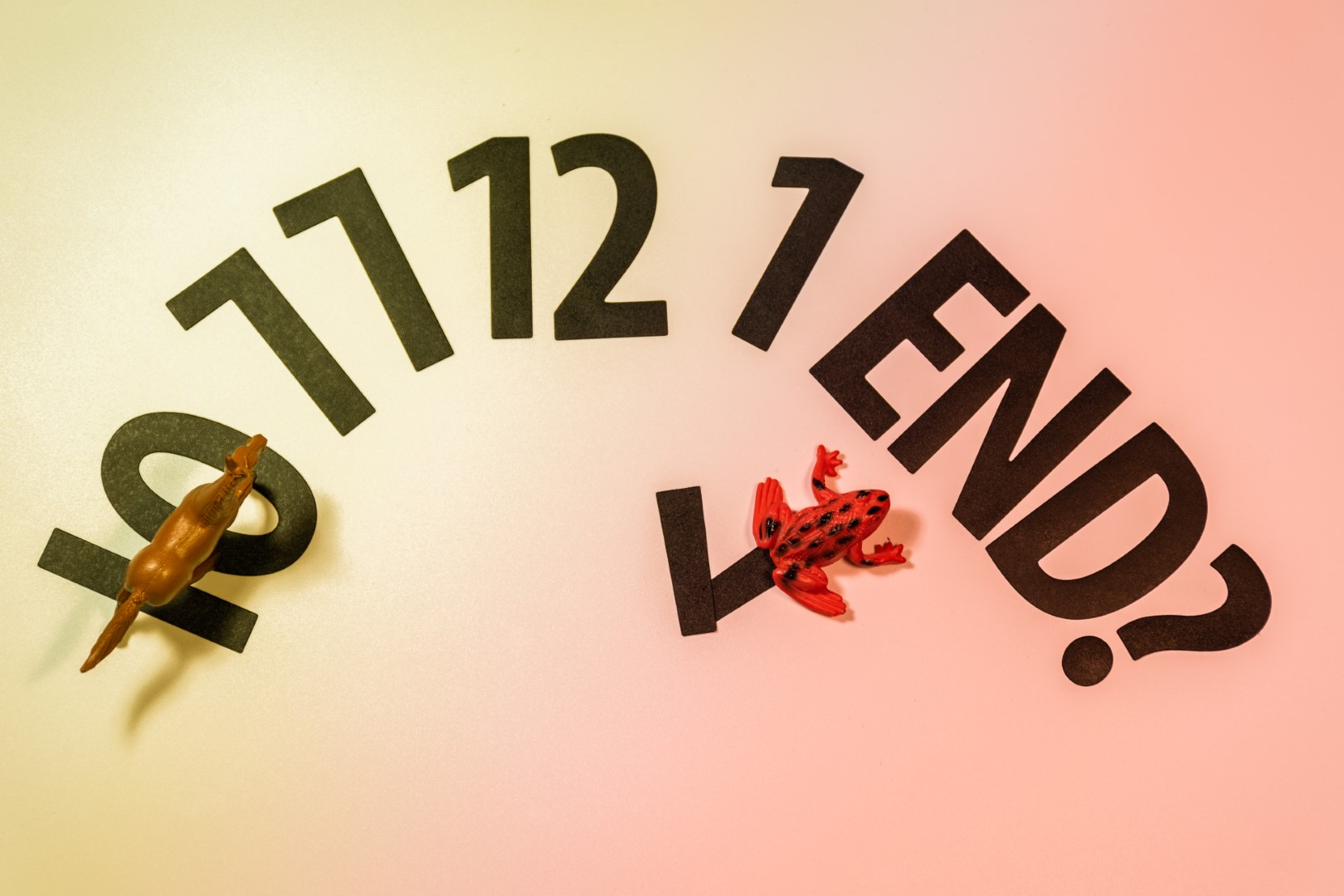
A collective ‘what more can I do’ point may have been reached
By Matthew Fraser, Opinions Editor
Maybe it’s just latent COVID fatigue or a doomsday weariness, but it doesn’t seem like the engines of humanity are turning over with the threat of climate change.
Recently, the Intergovernmental Panel on Climate Change (IPCC) released a report stating that the previous goals set in the Paris Climate Accord are out of reach and that the global average temperature will rise by at least 1.5◦ Celsius by 2040. This basically ensures that large swaths of the Middle East will become uninhabitably hot, flooding may shrink the liveable areas in the Caribbean and Southeast Asia—and this means mass immigration will likely ensue. I think this is nothing short of a doomsday prediction, yet somehow it has largely flown under the radar.
Maybe it’s just latent COVID fatigue or a doomsday weariness, but it doesn’t seem like the engines of humanity are turning over with the threat of climate change. Could it be that we have all resigned ourselves to paper straw and reusable bag subterfuge of climate activism knowing all well that it means next to nothing compared to the non-adjustment from the commanding heights of society? Have people just given up on the possibility of climate and world rehabilitation when we collectively face housing unaffordability and billionaire space races?
I suspect that it’s just impossible to be mobilized for action forever, and particularly when the mobilization was largely surface level and unconnected to the larger and more pollutant corporations. Maybe more people would love to grow food on their own property and limit their CO2 emissions, but the fact that they can’t get the space to do so, and it wouldn’t make much of a difference makes even the dream seem futile. The millions of kids who once followed Greta Thunberg into the streets have been lulled into passivity and back into their chairs by Fortnite and some other such distractor, and who could blame them? The entire world is built around consumption and entertainment, and nearly every product you buy claims to be good for the environment; sitting at home and recycling is just about the apex of what one can do for the environment if you’re not in charge of a multinational organization.
Maybe the reason people have become so silent is simply a “what more can I do?” view of environmental destruction. Taking the bus and trying to use the lowest watt everything is just about the edge of what every individual can do; any more comments on reducing carbon footprints is nearly a willful ignorance of the carbon freight train that underlies the rest of the system. This dejected silence may be the most rational choice of all.



